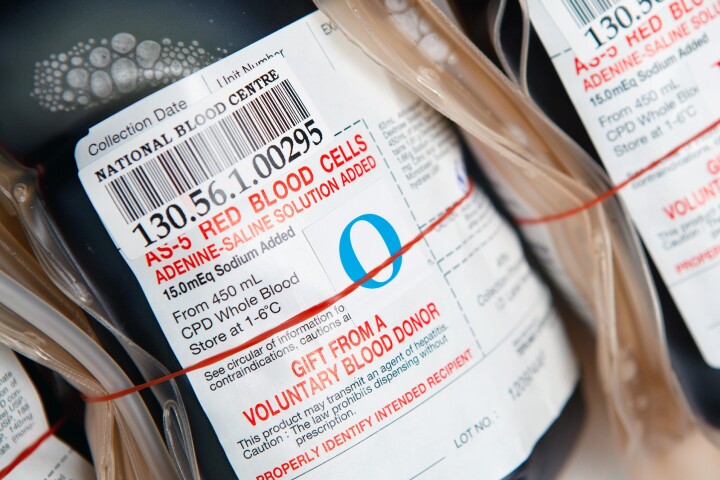People suffering from cataracts aren't exactly flush with options when it comes to restoring their vision. As they grow over time, they start to impede the ability to perform everyday tasks like reading and driving, prompting surgical removal either by scalpel or laser. But new research suggests a less invasive solution might be on the way in the form of a naturally-occurring molecule that can be administered through a simple eye drop.
Scientists had suspected that a molecule called lanosterol may have a role to play in the onset of cataracts. This suspicion was borne out of research at China's Sun Yat-sen University that found two children with inherited cataracts both shared the same genetic mutation that adversely affected the production of lanosterol. This lead researchers to surmise that the molecule might prevent cataract-forming proteins from clumping in the eyes.
The scientists then conducted testing where dogs suffering from naturally occurring cataracts were treated with eye drops containing lanosterol. Following six weeks of treatment, the team observed a reduction in both the size and cloudiness of the cataracts.
"Our study identifies lanosterol as a key molecule in the prevention of lens protein aggregation and points to a novel strategy for cataract prevention and treatment," the authors report.
Cataracts are the leading cause of blindness, affecting tens of millions of people around the world. They come about when the highly organized makeup of crystalline proteins in the lens of the human eye is disrupted, causing the proteins to clump together. Though the research is still in its very early stages, the scientists are hopeful they have found a way of preventing this process from occurring.
The team's findings were published in the journal Nature.
Source: Nature via Medical Express




